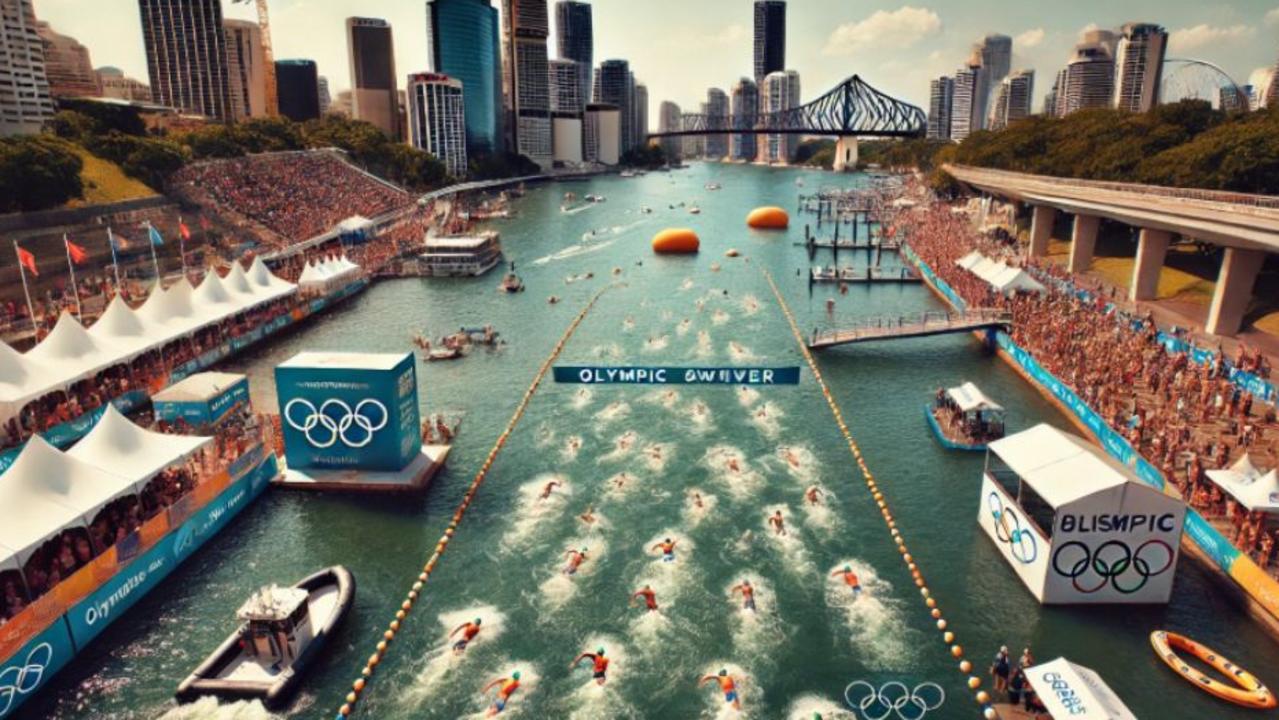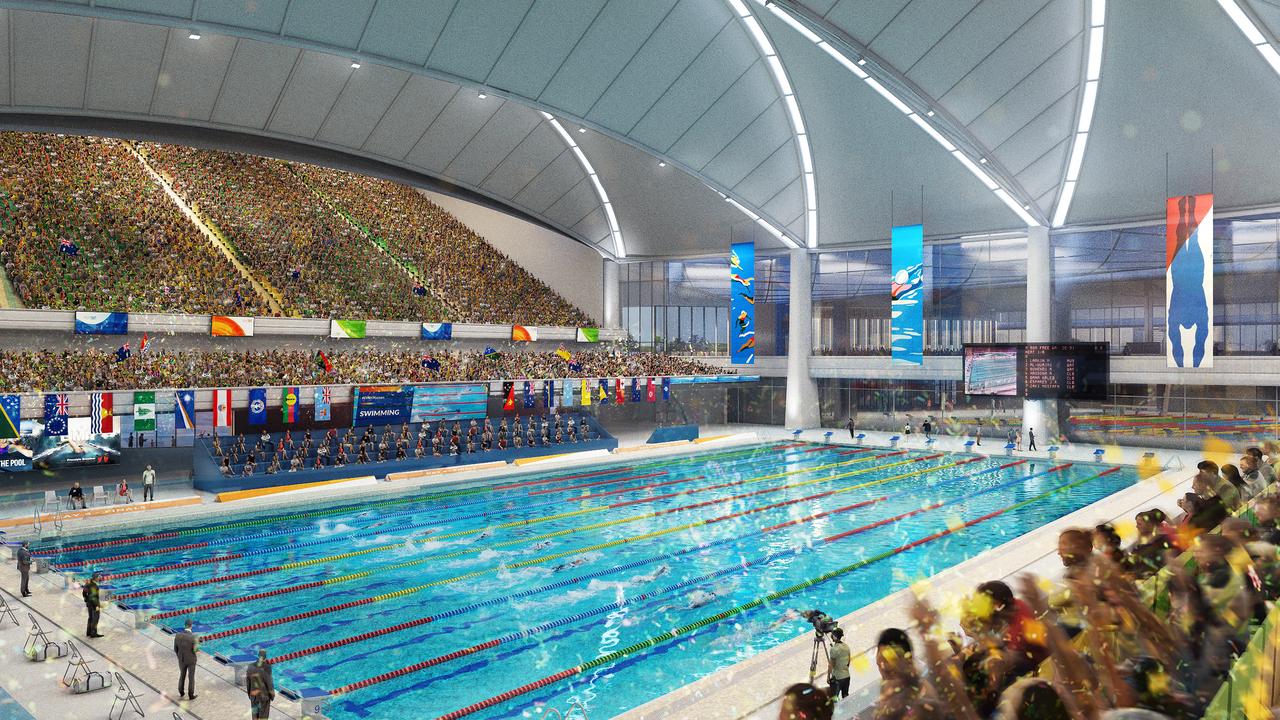Paris Olympics 2024: Chinese swimming doping scandal set to ignore spiteful Olympics
Explosive revelations that nearly two dozen Chinese swimmers were cleared after testing positive to a banned drug has lit the fuse for the most politically charged Olympics in more than 30 years.
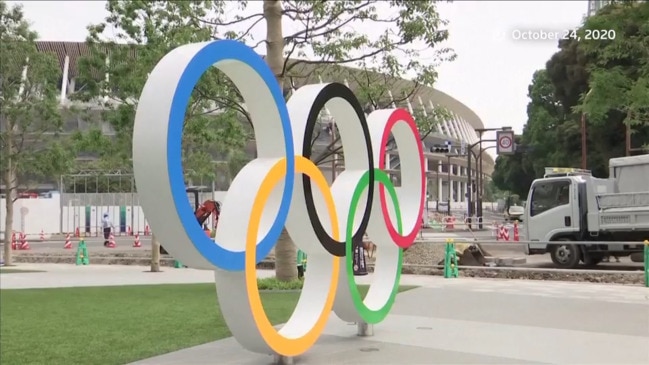
Swimming
Don't miss out on the headlines from Swimming. Followed categories will be added to My News.
So much for the notion that this year’s Paris Olympics will bring the world back together after the Covid pandemic.
The explosive revelations, first reported by this masthead, that nearly two dozen Chinese swimmers were cleared of any wrongdoing after testing positive to a banned heart drug has just blown that fantasy out of the water.
If anything, they have lit the fuse for what could be the most politically-charged Olympic showdown since the Cold War.
There’s never been any love lost between China’s Olympians and their western rivals but relations have plunged to a new low following confirmation 23 Chinese swimmers tested positive to trimetazidine, also known as TMZ, in the lead up to the 2021 Games in Tokyo.
Normally, anyone who fails a drugs test receives some type of sanction under the sport’s strict liability policy, which states that athletes are responsible for any banned substance found in their body regardless of how it got there.
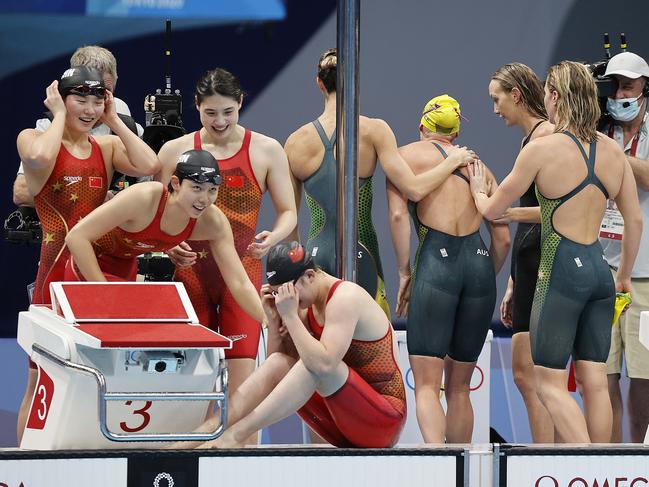
But the China Anti-Doping Agency (CHINADA) acquitted all the swimmers after finding the positive samples were the result of contamination.
The World Anti-Doping Agency (WADA) and FINA (now World Aquatics) looked at the case files and agreed with CHINADA that no further action or investigation was required.
Free to compete, some of the swimmers then went on to win gold medals for China in Tokyo.
With the start of the Paris Olympics less than 100 days away, Australia’s biggest stars of the pool have been joined by American and British competitors and officials in demanding answers as to how the Chinese avoided sanctions to a prohibited substance that normally
incurs automatic suspensions, or why the findings were not publicly disclosed or further investigated.
“Every time you race, you just hope you’re racing people that are in the same boat as you, and they’ve worked as hard as they can to get to that position, in a fair manner,” champion Australian swimmer Ariarne Titmus told Nine.
“I hope it’s like that in Paris as well.”
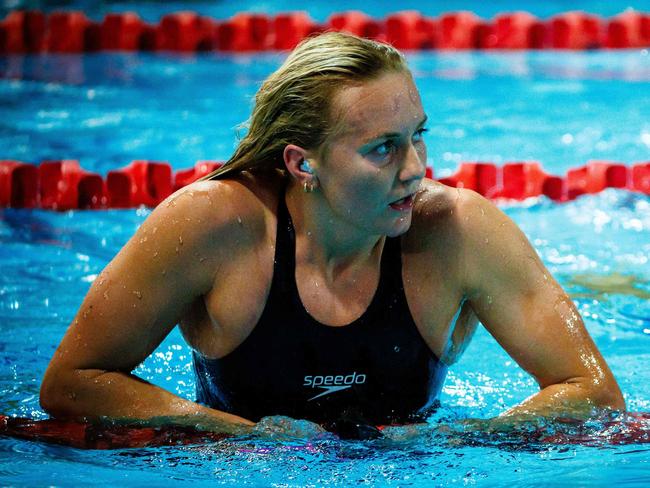
Rio gold medallist Kyle Chalmers said the rules around performance-enhancing drugs had to be the same for everyone.
“I’m forever getting tested, so I hope that that’s happening globally as well,” he said.
“I’m getting random drug tests all the time, almost weekly at the moment leading into the Olympics.”
Others have been less diplomatic in calling out the Chinese over the latest scandal with WADA saying it will take legal action against famed anti-drugs crusader Travis Tygart after he made accusations against the body of conspiring to a cover up - a claim that prompted a furious response both from CHINADA and the global regulator.
“Mr. Tygart’s allegations are politically motivated and delivered with the intention of undermining WADA’s work to protect clean sport around the world,” WADA said.
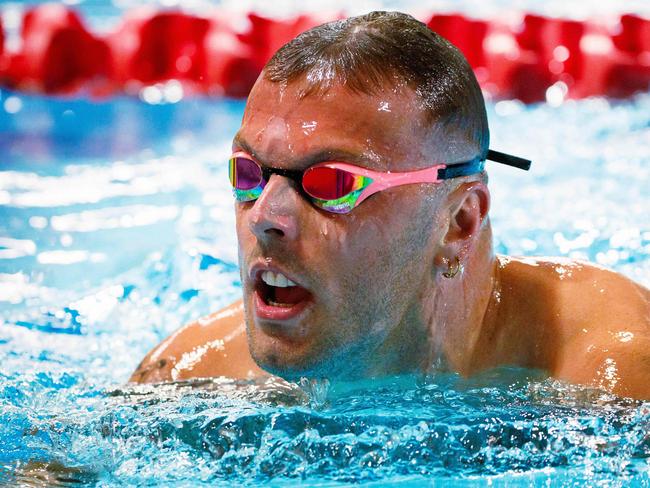
A lawyer by profession, Tygart is best known for being the man who nabbed cyclist Lance Armstrong, sport’s most audacious cheat. He pursued Armstrong for years, and regularly received death threats.
One was from a crazed urologist who threatened to nail Tygart to a tree and skin him alive while forcing him to watch his children being castrated.
Unsurprisingly, he was unmoved by WADA’s threats, doubling down on his criticism.
“When you blow away their rhetoric, the facts remain as have been reported: WADA failed to provisionally suspend the athletes, disqualify results, and publicly disclose the positives,” Tygart said.
“These are egregious failures, even if you buy their story that this was contamination and a potent drug ‘magically appeared’ in a kitchen and led to 23 positive tests of elite Chinese swimmers.”
Raising the stakes even further, the Chinese Communist Party is also involved. China has always been notoriously sensitive to any accusations made about its Olympic athletes because it sees the Games as a way to flex its increasing muscles on the world stage.
The German broadcaster ARD, which spent two years investigating the secret doping case, has reported that the Chinese government took over the running of the investigation from CHINADA, which is highly unusual.
According to ARD, China’s Ministry of Public Security, the same intelligence agency that was used to catch Chinese dissidents who participated in the 1989 Tiananmen Square protests, deemed that the swimmers had no case to answer.
Their findings was the swimmers ingested TMZ by eating contaminated food at a hotel they were all staying in and that police found traces in sink drains, spice containers and cooktop vents in the kitchen of the Huayang Holiday Hotel in Shijiazhuang.
The sceptics have called for those claims to be independently tested, but WADA says the case is closed, leaving Olympic and swimming officials waiting nervously to see what will happen next.
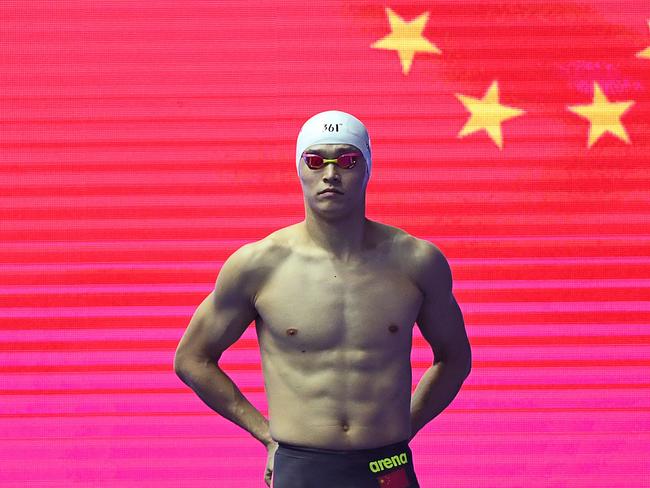
Swimming has seen public protests before, with Australia’s Mack Horton and Britain’s Duncan Scott both refusing to join China’s Sun Yang on the medal podium at the 2019 world championship after he was allowed to compete while being investigated for smashing his doping samples with a hammer before they could be tested.
Sun was later banned for four years and may never swim competitively again if this latest scandal will scupper his last hope of making a comeback at the Paris Olympics.
He is not racing at the Chinese Olympic trials, which are currently taking place in Shenzhen, because he is still serving the last part of his ban but the Chinese Swimming Federation has left open the option of picking him for the relays.
Sources within Chinese swimming have told this masthead that Sun has continued training in private and kept himself on the official swimming registry but Paris is almost certainly now off the table.
A handful of other Chinese swimmers who were identified by ARD as being among the 23 who tested positive to TMZ are, however, likely to be in Paris, going head to head against Australia’s top gold medal hopes.
These include:
Zhang Yufei - won two gold medals in Tokyo, including one in the women’s 4x200m freestyle relay which beat Australia
Yang Junxuan - was also part of the 4x200m relay in Tokyo
Wang Shun - won gold in the men’s 200m medley, beating Scotland’s Duncan Scott, who was involved in a fiery confrontation with Sun at the 2019 world championships
Qin Haiyang - broke Australia’s Zac Stubblety-Cook’s 200m breaststroke world record in 2023 and was named world male swimmer of the year
Yan Zibei - won a silver medal in the mixed medley relay at the Tokyo Olympics, finishing just ahead of Australia
Wang Yichun - teamed up with Zhang Yufei, Qin Haiyang and Yan Zibei to win gold in the mixed medley relay at the 2023 world titles. Australia finished second
Yu Yiting - won gold in the mixed freestyle at the 2024 world titles. Australia finished second




